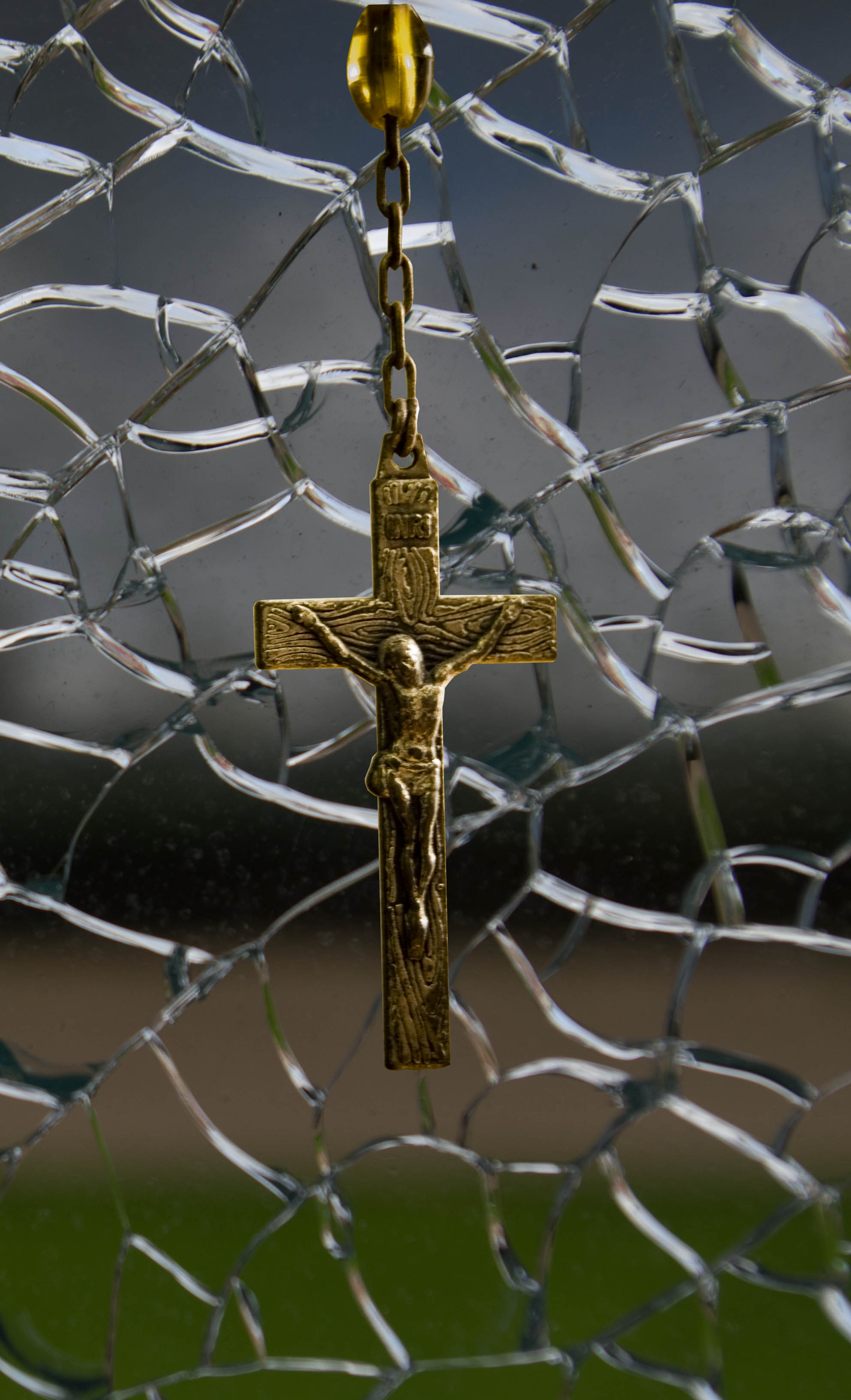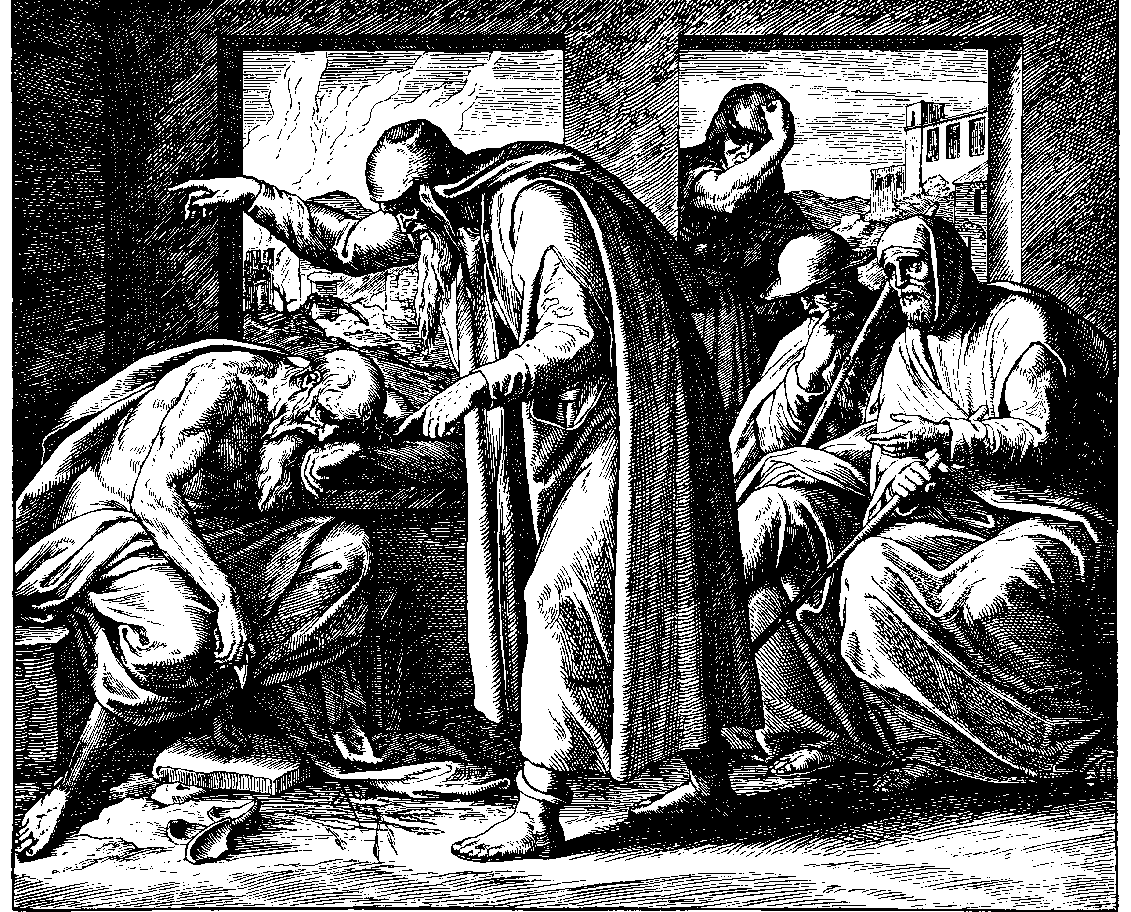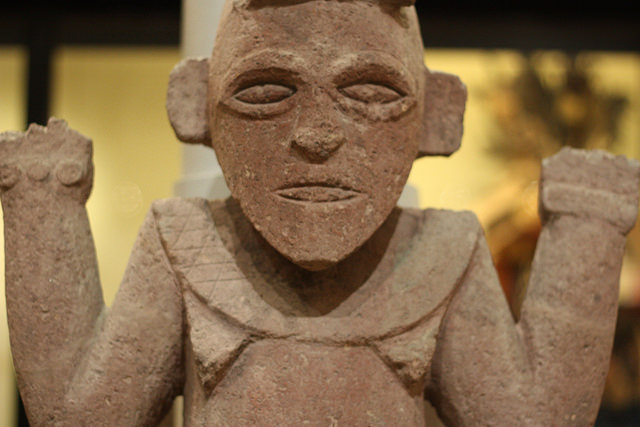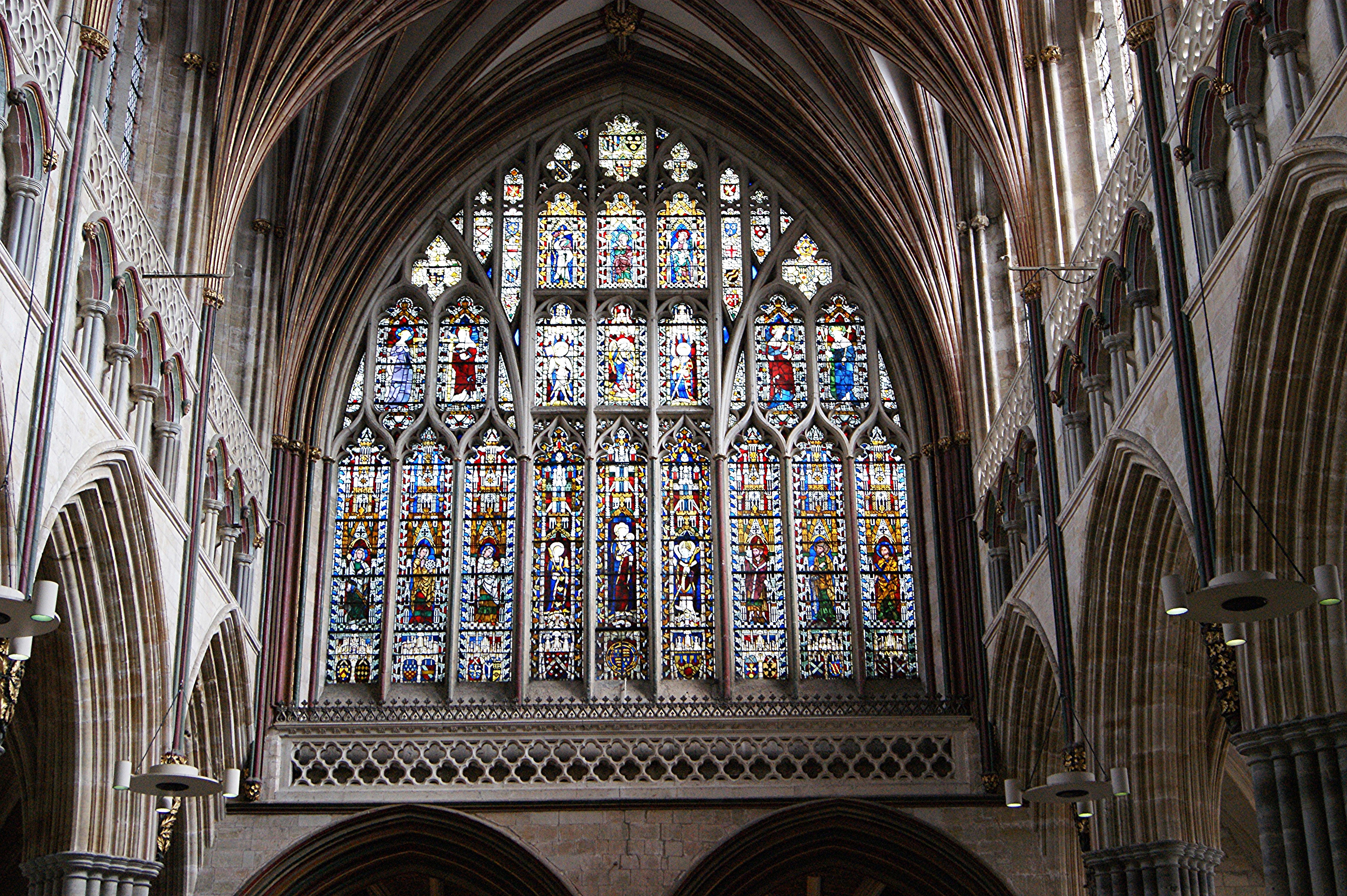-
Article XXIII (XI): Of the Marriage of Priests- Part 2
Lastly, if they understand that celibacy is purity in the sense that it merits justification more than does marriage, we most emphatically contradict it. For we are justified neither on account of virginity nor on account of marriage, but freely for Christ’s sake, when we believe that for His sake 37] God is propitious to us. Here perhaps they will exclaim that, according to the manner of Jovinian, marriage is made equal to virginity. But, on account of such clamors we shall not reject the truth concerning the righteousness 38] of faith, which we have explained above. Nevertheless we do not make virginity and marriage equal. For just as one…
-
Article XXIII (XI): Of the Marriage of Priests- Part 1
1] Despite the great infamy of their defiled celibacy, the adversaries have the presumption not only to defend the pontifical law by the wicked and false pretext of the divine name, but even to exhort the Emperor and princes, to the disgrace and infamy of the Roman Empire, not to tolerate the marriage of priests. For thus they speak. [Although the great, unheard-of lewdness, fornication, and adultery among priests, monks, etc., at the great abbeys, in other churches and cloisters, has become so notorious throughout the world that people sing and talk about it, still the adversaries who have presented the Confutation are so blind and without shame that they…
-
Article XXII (X): Of Both Kinds In the Lord’s Supper
1] It cannot be doubted that it is godly and in accordance with the institution of Christ and the words of Paul to use both parts in the Lord’s Supper. For Christ instituted both parts, and instituted them not for a part of the Church, but for the entire Church. For not only the presbyters, but the entire Church uses the Sacrament by the authority of Christ, and not by human authority; and this, 2] we suppose, the adversaries acknowledge. Now, if Christ has instituted it for the entire Church, why is one kind denied to a part of the Church? Why is the use of the other kind prohibited?…
-
Article XXI (IX): Of the Invocation of Saints- Part 2
25] Here and there this form of absolution is used: The passion of our Lord Jesus Christ, the merits of the most blessed Virgin Mary and of all the saints, be to thee for the remission of sins. Here the absolution is pronounced on the supposition that we are reconciled and accounted righteous not only by the merits of Christ, but also by the merits of the other saints.26] Some of us have seen a doctor of theology dying, for consoling whom a certain theologian, a monk, was employed. He pressed on the dying man nothing but this prayer: Mother of grace, protect us from the enemy; receive us in…
-
Article XXI (IX): Of the Invocation of Saints- Part 1
1] The Twenty-first Article they absolutely condemn, because we do not require the invocation of saints. Nor on any topic do they speak more eloquently and with more prolixity. Nevertheless they do not effect anything else than that the saints should be honored; likewise, that the saints who live pray for others; as though, indeed, the invocation of dead saints were on that account necessary. 2] They cite Cyprian, because he asked Cornelius while yet alive to pray for his brothers when departing. By this example they prove the invocation of the dead. They quote also Jerome against Vigilantius. “On this field” [in this matter], they say, “eleven hundred years…
-
Article XX: Of Good Works
78] In the Twentieth Article they distinctly lay down these words, namely, that they reject and condemn our statement that men do not merit the remission of sins by good works. [Mark this well!] They clearly declare that they reject and condemn this article. What is to be said on a subject so manifest? 79] Here the framers of the Confutation openly show by what spirit they are led. For what in the Church is more certain than that the remission of sins occurs freely for Christ’s sake, that Christ, and not our works, is the propitiation for sins, as Peter says, Acts 10:43: To Him give all the prophets…
-
Article XIX: Of the Cause of Sin
77] The Nineteenth Article the adversaries receive, in which we confess that, although God only and alone has framed all nature, and preserves all things which exist, yet (He is not the cause of sin, but] the cause of sin is the will in the devil and men turning itself away from God, according to the saying of Christ concerning the devil, John 8:44: When he speaketh a lie, he speaketh of his own. Source.
-
Article XVIII: Of Free Will
67] The Eighteenth Article, Of Free Will, the adversaries receive, although they add some testimonies not at all adapted to this case. They add also a declamation that neither, with the Pelagians, is too much to be granted to the free will, nor, with the Manicheans, is all freedom to be denied it. 68] Very well; but what difference is there between the Pelagians and our adversaries, since both hold that without the Holy Ghost men can love God and perform God’s commandments with respect to the substance of the acts, and can merit grace and justification by works which reason performs by itself, without the Holy Ghost? 69] How…
-
Article XVII: Of Christ’s Return to Judgment
“66 The Seventeenth Article the adversaries receive without exception, in which we confess that at the consummation of the world Christ shall appear, and shall raise up all the dead, and shall give to the godly eternal life and, eternal joys, but shall condemn the ungodly to be punished with the devil without end.” Source.
-
Book of Concord
Defense of the Augsburg Confession Article XVII: Of Christ’s Return to Judgment. 66] The Seventeenth Article the adversaries receive without exception, in which we confess that at the consummation of the world Christ shall appear, and shall raise up all the dead, and shall give to the godly eternal life and, eternal joys, but shall condemn the ungodly to be punished with the devil without end. Source.
